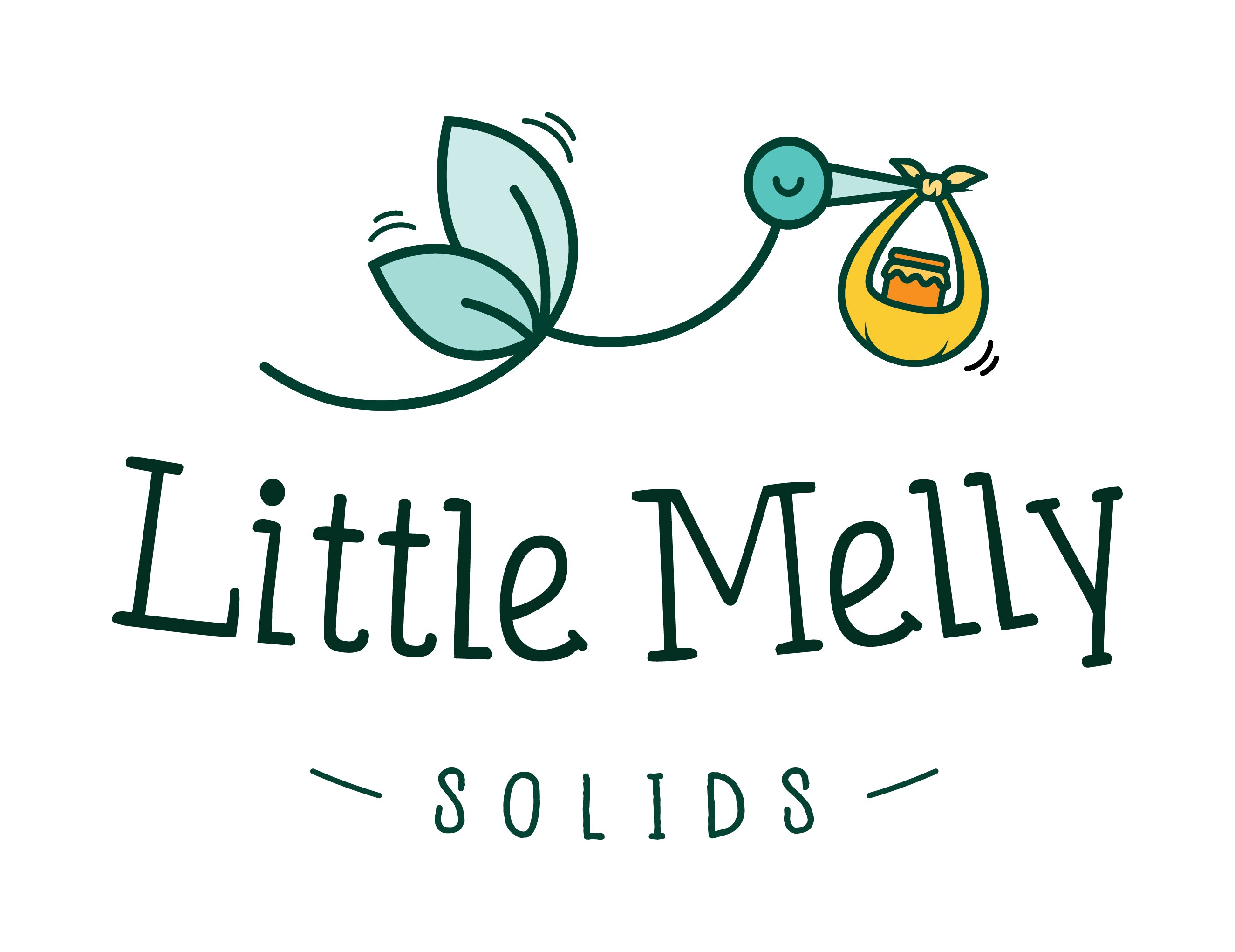Many parents are concerned when their baby just embarks on their solid food journey but suddenly begins to gag - even though they are fed a fully blended puree! Is this normal? Does gagging signify anything in specific? We’re here to explain what’s happening and how to help overcome your baby’s gag.
Interestingly enough, babies can even gag when they are breast or bottle-fed! If the flow of milk is too fast for the baby, it may cause them to push the milk out of their mouth to prevent choking. Usually, babies gag if something unfamiliar touches their tongue. It’s their way of testing and learning between different textures and flavors.
Yes! Gagging on purees and liquids is normal
As mentioned, gagging is a baby’s way of experimenting with food. It will happen quite frequently at first, especially when the baby is first introduced to solid food. It does sometimes indicate that your baby doesn’t like the food, but this is not always the case. It can simply mean they’re getting accustomed to the new texture or flavor being offered. Be patient and try to understand what is making your baby gag because he/she is learning a new skill!
Why is my baby gagging on purées?
The transitioning process of moving from milk to purees can be very exciting and worrying for most parents. Starting from around 6 months of age, you can expect your baby to start gagging when they’re first introduced to solid food.
Throughout this process, your baby’s brain will react in a way that protects him/her from swallowing an unknown substance while giving them a chance to chew their food better and avoid gagging and choking.
In the early eating stages, the baby’s gag reflex is sensitive. When triggered, your baby’s back of the throat will close, forcing the food towards the front of the mouth to prevent swallowing and choking.
Gradually, your baby will learn to take smaller bites and learn how to chew properly.
When does baby’s gag reflex disappear?
The gag reflex is what allows your baby with no knowledge of chewing food to learn how to eat. It helps them to spit out food that feels unsafe for them to swallow. The gag reflex is typically triggered somewhere on the tongue and as babies grow, it moves farther back.
From birth to 7-9 months, the baby’s gag reflex is the most sensitive. It is triggered close to the front of the mouth.
From 7 to 12 months, the gag slowly lessens and moves to the back of the tongue towards the throat. But this doesn’t mean it won’t be triggered by food at all.
Does gagging mean my baby is not ready for solid food?
The ideal time to start introducing solid foods to your baby is around 6 months. By that time, your baby should be able to sit upright and hold their head firmly without your help. Moreover, your baby should show signs of interest and curiosity towards food, such as opening their mouth when there’s food around them. Gagging does not mean your baby is not ready for food. It is a normal and expected part of the process.
Many babies will gag when trying anything new, regardless of the texture: milk, purées, or finger food. As a parent, patience is key throughout your baby's food journey. Gagging will extend for a couple of months and gradually fade away!



